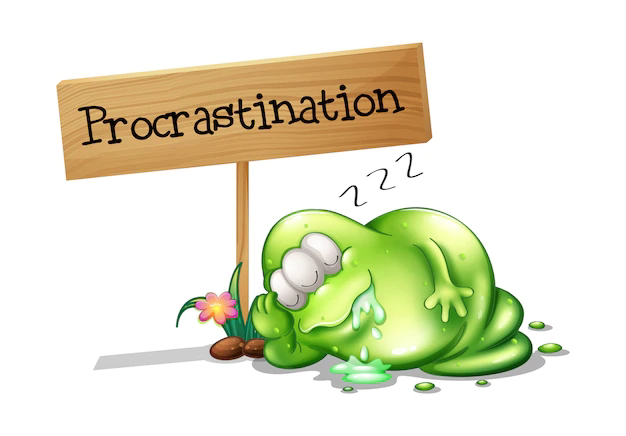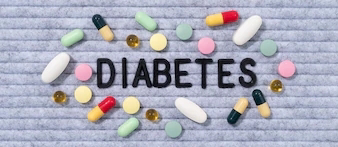Friday, June 16, 2023
Build a Fitness Legacy for your Family #FathersDay
Tuesday, June 13, 2023
Does Exercise Help in Weight Loss?
Monday, June 5, 2023
How Mindprogramming & Media affect our Health
Wednesday, May 31, 2023
Eat Wisely & Don't Avoid Blindly.
Opinions about food is a broad subject that emerged from individual experiences, food industries' narratives, suggesting superficial solutions, passing information from incorrect sources and lack of interest in learning facts about the important subject of life i.e health.
Here I have tried to explain my views from my educational expertise, personal and professional experience.
Q. Can I have sugarcane juice/ mango/ banana/grapes/ rice/ potatoes/ dates, etc if I have diabetes/ want to lose weight?
This question comes into consideration with confusion about sugar content because of its sweeter taste. Type 2 Diabetes or any other health issues comes with a long list of avoid food items.
Agree, it's important to know what's not suitable for certain metabolic challenges. But by just avoiding certain foods, the problem is not going to get solved.
Wisdom comes with learning and experiencing eating all foods more healthily and smartly. And this may help to even reverse the health issue.
Coming back to the question, these foods contain natural sugar. So our body knows how to metabolize it. The glycemic index GI of food is an indicator that determines how fast it increases blood sugar. This index is generally used to make avoid food lists for diabetes or PCOS or weight loss. But again the effect of this value differs with the glycemic load index (it measures by portion sizes of each food that increases blood sugar).
So food having a higher Glycemic Index can be eaten in lesser portions.
Glycemic Index can be lowered with a combination of food with what we can eat for example fat, fiber and proteins. Menus like dal-rice ghee, rice with vegetables and curd slow down blood glucose release than single rice. And anyways we don't eat only rice as a meal.
The impact of GI can be reduced by eating them at the right time, i.e. post exercise/ sports, the first meal of the day. Mango eaten as breakfast is the best way to start the day more sweetly and energetically. Mashed cheese Potato is the best snack to eat Pre-exercise or at an early evening meal while grape juice can be considered for post-exercise when glucose gets absorbed into muscles as glycogen storage.
Therefore rather than compromising on any food, it's always better to learn how to eat it.
And it is surprising to know our favourite foods like mango, and banana have medium GI which really doesn't need to worry about if eaten in the right way.
To take this point ahead, what we really need to worry about is glucose injection, modern farming practices do, but we can say it's not in our control. What's in our control is to choose fruits and vegetables seasonally and available locally. Again most important to put in avoid list is artificial sweeteners directly or indirectly available in tablets, solutions form or in foods where it's written sugar-free packets foods. Our body doesn't know how to take care of these chemical molecules. But they trigger insulin response with its sweetness (Biochemical reaction starts with sensory experience). So even if it doesn't have sugar or calories per se, it holds responsibility for sweetness addiction and insulin resistance.
Bottomline is to learn eating natural sugar in the right way and become smart to avoid artificial sugar in any way.
Q. I avoid eating tomatoes and guava. I heard their seeds causes kidney stones.
My Answer- Wrong perception about kidney stones. Kidney stones are the result of a metabolic disturbance in the excretory and electrolytes system. Urine has various wastes dissolved in it. When there is too much waste in too little liquid, crystals begin to form. The crystals attract other elements and join together to form a solid that will get larger unless it is passed out of the body with the urine.
The real causes are low levels of water intake and high-level salt and fructose. Obesity, diabetes, either no exercise or excess exercise, and unhealthy drastic weight loss are conditions that also lead to kidney stones. When the dilution of salt decreases, the pH level turns to an acidic level because our diet is more salty, spicy foods, including unhealthy fats, red meat, tea/coffee, carbonated beverages, alcohol and less in fruits, vegetables and water.
Above all reasons lead to concentrated blood that creates crystals of salt, uric acids and combines with minerals like calcium, oxalates, etc. Again that doesn't mean we need to reduce calcium. Because less dietary calcium demands bone calcium loss. And calcium is just a combining factor. So to prevent kidney stones or any other cysts formation we should have a balanced meal which we can name as Sattvik food. More fruits, vegetables, water, and alkaline grains like rice in meals will be more helpful than avoiding seeds containing fruits, vegetables and calcium sources.
Q. Should I avoid Sour food as I have arthritis?
My Answer- There is no evidence to show direct relationships.
But there could be reasons to avoid lime-
1. Calcium needs an acidic medium for its absorption in the stomach. The citric acid in lime juice which turns alkaline after consumption can deteriorate calcium absorption.
But again if we maintain the correct time span between consuming calcium food and lime juice, this reason we can handle.
2. If having vatta dominating prakriti that causes joint pain sometimes gets aggravated with a strong smell and aroma of lime. But again it's individual responses.
Therefore both reasons to avoid sour foods in arthritic conditions are can be handled.
But on the other side, reasons to include lime juice/ amla and tomatoes are logically correct such as their antiinflammatory vitamin like C and A respectively.
In short, the conclusion is
-There is no need to completely avoid lime juice.
- Maybe during winter you can avoid it when the vatta is naturally high.
Additional information to consider is
1. Arthritis is an autoimmune disease, caused because of chronic inflammation.
2. Therefore inflammatory factors like foods (like sugar, red meat, gluten, processed food, fizzy drink), Smoking, alcohol, and stress should be considered to avoid.
3. And anti-inflammatory foods like Omega 3 fatty acids, antioxidants, fruit and vegetables should be considered to increase.











